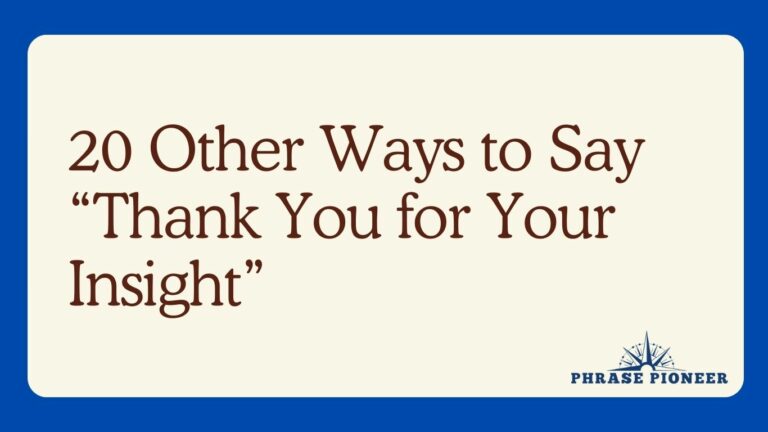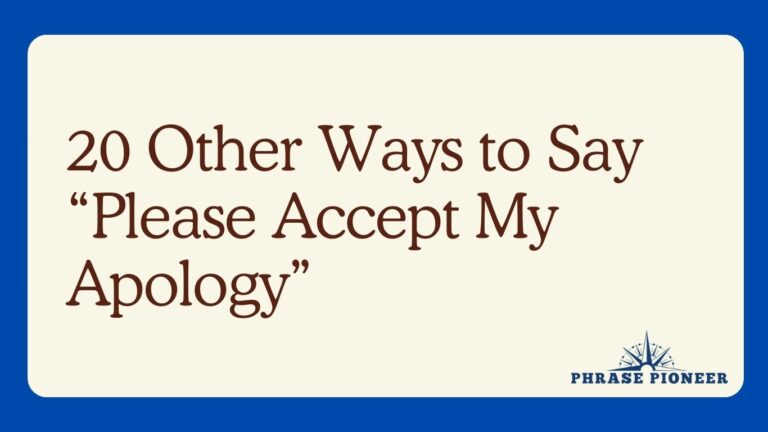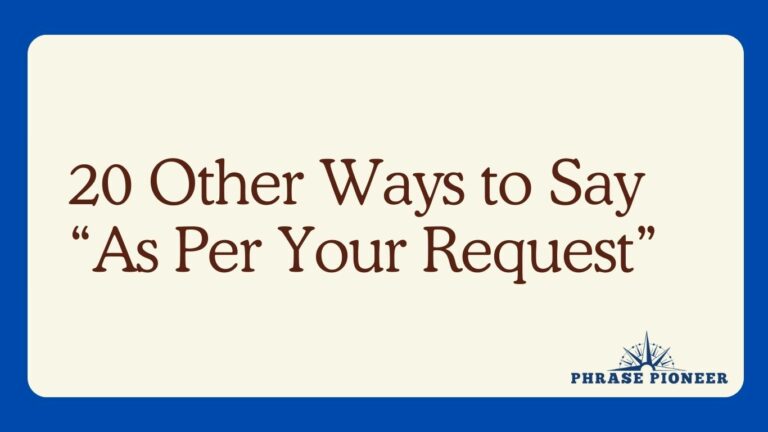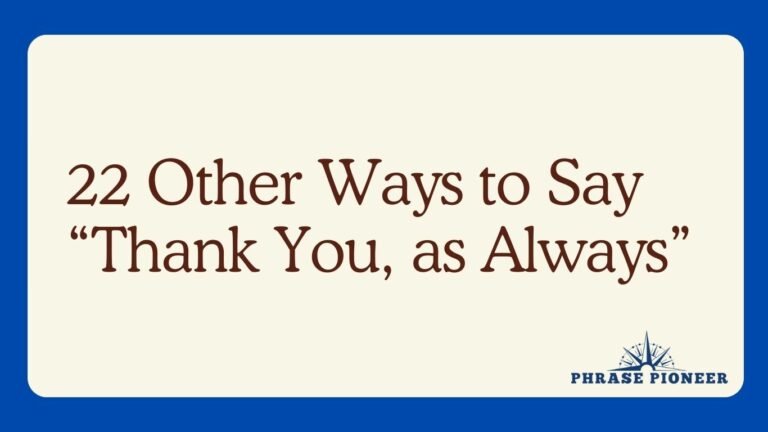20 Other Ways to Say “What Time Works Best For You”
When scheduling meetings or appointments, it’s courteous to ask for the other person’s preferred timing.
The standard “What time works best for you?” is considerate but can become repetitive.
Here are 20 alternative ways to inquire about another’s availability, each elaborated to help you tailor your communication to the situation.
For Professional Scheduling
1. When would be a convenient time for our meeting?
- Example: “Given the importance of this project, when would be a convenient time for our meeting?”
- Explanation: This formal request respects the other person’s schedule and implies the significance of the upcoming meeting.
2. Could you please suggest a suitable time for our appointment?
- Example: “Could you please suggest a suitable time for our appointment? I would like to ensure that we have ample time for our discussion.”
- Explanation: A polite and professional way to ask for a time that aligns with everyone’s convenience, indicating flexibility.
3. May I know your preferred time slot for this session?
- Example: “We are eager to proceed with the coaching sessions. May I know your preferred time slot for this?”
- Explanation: This phrase directly asks for the preferred time in a formal tone and is typical for scheduled sessions or services.
When Being Flexible
4. I’m flexible on timing—what works for you?
- Example: “I’ve cleared my schedule for our chat, so I’m flexible on timing—what works for you?”
- Explanation: Indicates your own adaptability with regard to the time of the meeting or conversation.
5. Let me know a time that suits you.
- Example: “This project is a priority for us, so please let me know a time that suits you for a brainstorming session.”
- Explanation: Gives the other person full authority to choose the most convenient time for them.
6. At your leisure, could you choose a time for our discussion?
- Example: “At your leisure, could you choose a time for our discussion on investment opportunities?”
- Explanation: A respectful, less direct way to request their availability that recognizes their other commitments.
For Casual Planning
7. When’s good for you to get together?
- Example: “We need to celebrate your new job! When’s good for you to get together?”
- Explanation: A laid-back and friendly way of asking about availability, typically used among friends or close colleagues.
8. What’s a good time for a quick call?
- Example: “I’d love to catch up on the latest news. What’s a good time for a quick call?”
- Explanation: Casual and straightforward, this asks for an appropriate time for an informal talk.
9. When can we meet that’s easy for you?
- Example: “I’m dying to hear all about your trip—when can we meet that’s easy for you?”
- Explanation: This question seeks a meeting time while prioritizing the other person’s convenience.
Requesting Specificity
10. Can you provide a specific timing for our meeting?
- Example: “To ensure the venue reservation, can you provide a specific timing for our meeting?”
- Explanation: Asks directly for an exact time, indicating that the details are crucial for planning.
11. What timing fits into your agenda?
- Example: “Next week’s agenda is quite flexible. What timing fits into your agenda?”
- Explanation: Requests to know their availability with respect to their planned schedule or calendar.
12. When do you have a slot open for our consultation?
- Example: “We need to go over the contract details meticulously. When do you have a slot open for our consultation?”
- Explanation: A more detailed way of asking for a time, typically used for appointments or professional consultations.
For Confirmation and Convenience
13. Is there a particular time you’d prefer for our call?
- Example: “Considering the time zone difference, is there a particular time you’d prefer for our call?”
- Explanation: Solicits a time that would be most suitable for the other person, possibly across time zones.
14. What time do you find most convenient for a catch-up?
- Example: “I know your week is packed, so what time do you find most convenient for a catch-up?”
- Explanation: It takes into consideration their likely busy schedule, illustrating thoughtfulness.
15. Would you mind sharing when you’re available?
- Example: “Your input is crucial for our strategy session. Would you mind sharing when you’re available?”
- Explanation: Courteously asks for their availability while emphasizing the importance of their presence.
Expressing Courtesy and Understanding
16. Which time would work best considering your commitments?
- Example: “I can meet either afternoon or evening. Which time would work best considering your commitments?”
- Explanation: A considerate inquiry that asks the other person to balance the meeting with their existing obligations.
17. When shall we convene at your earliest convenience?
- Example: “I would like to review the progress made this quarter. When shall we convene at your earliest convenience?”
- Explanation: Signals the need for a meeting but defers to their earliest possible availability.
18. At your earliest opportunity, could you indicate a good meeting time?
- Example: “In advance of the product launch, at your earliest opportunity, could you indicate a good meeting time?”
- Explanation: There’s acknowledgment of the importance and urgency, yet it leaves the choice of time up to them.
When Planning Future Interactions
19. Looking ahead, when’s the best time for our next discussion?
- Example: “I’m keen to carry on with our plans. Looking ahead, when’s the best time for our next discussion?”
- Explanation: This question plans for a future meeting and defers to the other party’s preference on timing.
20. Let’s pencil in a convenient time—what’s best for you?
- Example: “To continue driving this initiative, let’s pencil in a convenient time—what’s best for you?”
- Explanation: It asks for their input while conveying flexibility and the intention to schedule tentatively.
Each alternative provides a nuanced approach to asking for someone’s preferred meeting time.
Whether in formal professional settings or more casual conversations, these selections help tailor your inquiry to reflect thoughtfulness, respect for the other person’s schedule, and openness to their needs.







